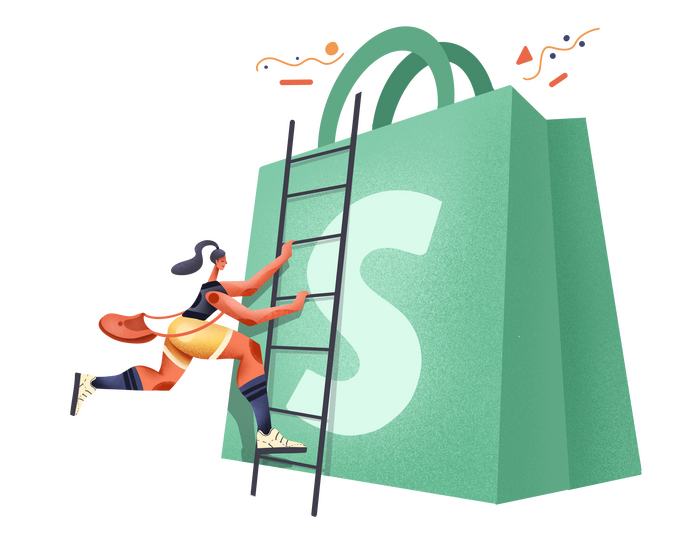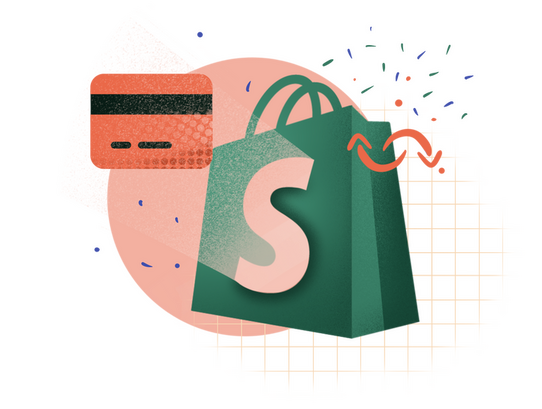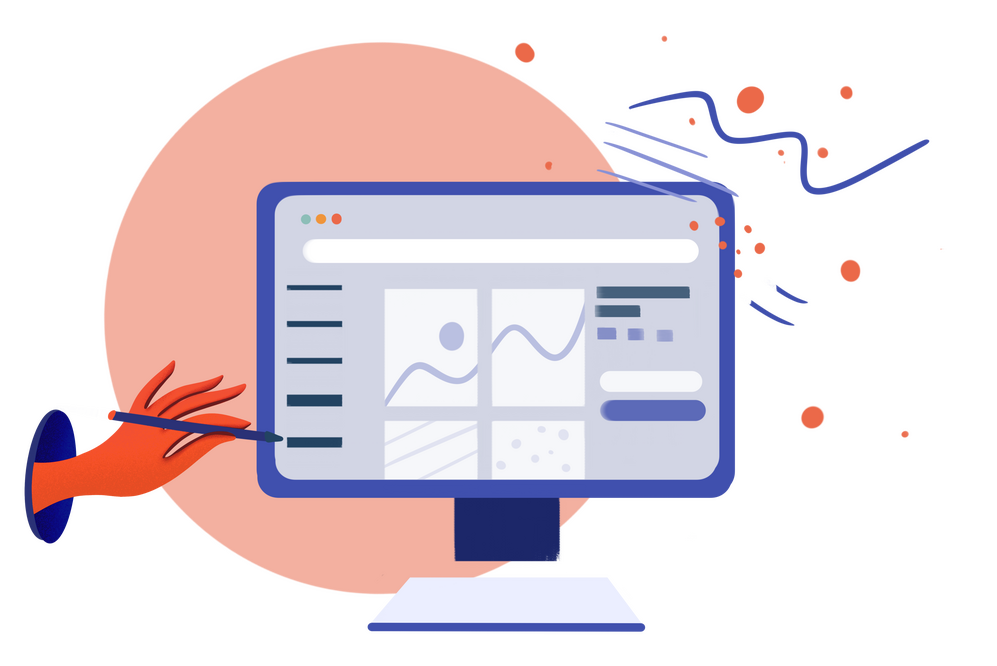Starting an online shop is one hell of an investment--heart, mind, time, and wallet.
Setting up your store on the Shopify platform is perhaps akin to a wise, old wizard walking you through an otherwise daunting process. It’s intuitive and easy to navigate (though if you get stuck, we wrote a free setup guide to help you).
Having the best in the e-commerce biz on your side gets you less confusion, minimal hand-wringing, and fewer sleepless nights. (And if you need a little extra help, there are experts for that.)
Even with the ease of setup Shopify provides, it’s still a ton of work to grow your shop from a fledgling store into a grown-ass, revenue-generating adult. That’s why it can be utterly devastating when Shopify suddenly flags (or closes) a shop for violating restrictions.
If you’ve been in the Shopify community for a while, you’re likely no stranger to the Risk Department. (Or maybe you are--in which case, hoooooo boy you gotta keep reading.)
Closure notices from Shopify’s Risk Department affect a fair number of shop owners, but in general, they are absolutely avoidable. You just need to know the rules.
At Tako Agency, we know how much Shopify stores mean to their merchants. We also know a thing or two about Shopify itself. This article will help you avoid a sudden store shutdown with details about the Risk Department, restricted businesses, and payment portal no-nos--saving you from hours spent sifting through Shopify wikis and forums.
(Who’s the wizard now?)
What is the Shopify Risk Department?
Before we explain restrictions, let’s take a quick peek at the homies who set them: the Shopify Risk Department.
Shopify’s Acceptable Use Policy lays out a number of items and business types that are restricted on the platform. The Risk Department is in charge of monitoring these restricted items and removing shops when they feel a policy has been violated. Their job is to protect you, the merchant, from risky or fraudulent purchases--and to protect Shopify from lawsuits and liability.
The Risk Department will always have the final say on whether a shop is removed due to violations, even if the misstep is not immediately apparent to the shop owner. That’s why it’s so important to be really sure you understand Shopify’s policies--and if you don’t, reach out to their Customer Service department and ask as many questions as you need to.
Restricted Items and Business Styles
Shopify’s list of restricted items and shop categories is not a short one. Some restrictions are very logical, and others have sparked intense discourse in the community. These are the three most obvious ones (and they’re important):
- Certain types of firearms, propaganda, and harmful materials. These are covered extensively in the Restricted Items list. It probably won’t surprise you that Shopify spots and removes this stuff almost immediately.
- Intellectual property. Selling the intellectual property of others, like a movie or album, as your own is a sure-fire way to get your shop removed. (It’s also a shitty thing to do in the first place.)
- Goods or services that harass, bully, threaten, or defame a specific individual.
*A note relevant to our current global situation: COVID-19-related items are also heavily regulated on Shopify. When droves of unscrupulous online retailers are trying to make a quick buck on the back of the pandemic (gross), it’s reassuring that Shopify is looking out for their community.
For a complete summary of items and categories Shopify deems restricted, refer back to their Acceptable Use Policy.

The most important thing you can do when reviewing what’s prohibited on Shopify is be very liberal with your interpretations. The Shopify Risk Department is notoriously hyper-conservative when it comes to risk. Don’t assume they’ll “cut you some slack” if what you’re doing is--to them--questionable. If you’re in a gray area, it’s safer to assume that they will enforce their policies and close your shop.
For example, you don’t have to be selling actual movie copies of Top Gun to get on the wrong side of Shopify’s intellectual property restrictions. If you’re selling t-shirts or other merchandise printed with movie posters or screengrabs, that may be enough to trigger that restriction. Proceed with caution.
Shopify Payment Portal Restrictions
Shopify’s native Shopify Payments is the frontrunning payment gateway for retailers on their platform. The portal is powered by Stripe, which has its own set of restrictions on what can be purchased using their processor.
Some of Stripe’s restrictions include:
- Products and services relating to finance (e.g., credit counseling)
- Drug paraphernalia
- Intellectual property
- Unfair practices or predatory services
- Pseudo pharmaceuticals (health products that haven’t been verified by applicable local and regional regulators)
- Adult content and services (to include sex toys)
- Multi-level marketing
- Counterfeit goods
Since many of the restriction descriptions are subjective (what’s an unfair practice, anyway?), we can’t emphasize enough the importance of carefully reading through the terms for both Shopify and Stripe.
Perhaps their most vague (and largest) category is “high risk businesses”, which includes everything from travel reservation services and telehealth to subscriptions over a year.
If still in doubt, reach out to either entity’s support team or get in touch with us!
If your business is on the restricted list for Stripe but not Shopify, you may still be able to run a Shopify store successfully--you’ll just have to use another payment processor.
What Happens if My Shop is Shut Down?
You will have our sympathies, but not Shopify’s.
Here’s why making sure you’re above board from the beginning is so critical: nine times out of ten, Shopify will shut down your store with zero notice or warning.
Additionally, their Risk Operations Team is not required to tell you why it was shut down. Appeals are exceptionally rare, so most likely, you will not have a chance to fix things.
When in doubt, contact them before taking a single step.

As a shop owner, you’ve got enough to worry about--especially if you’re new to the game. It’s vital to evaluate your goods and services at the starting line to ensure they are in line with Shopify’s policies and payment processors.
We know getting started is the hardest part. We’re here to help you clear the regulatory hurdles and give you the site of your dreams.
Check out more from Tako Agency here!

















